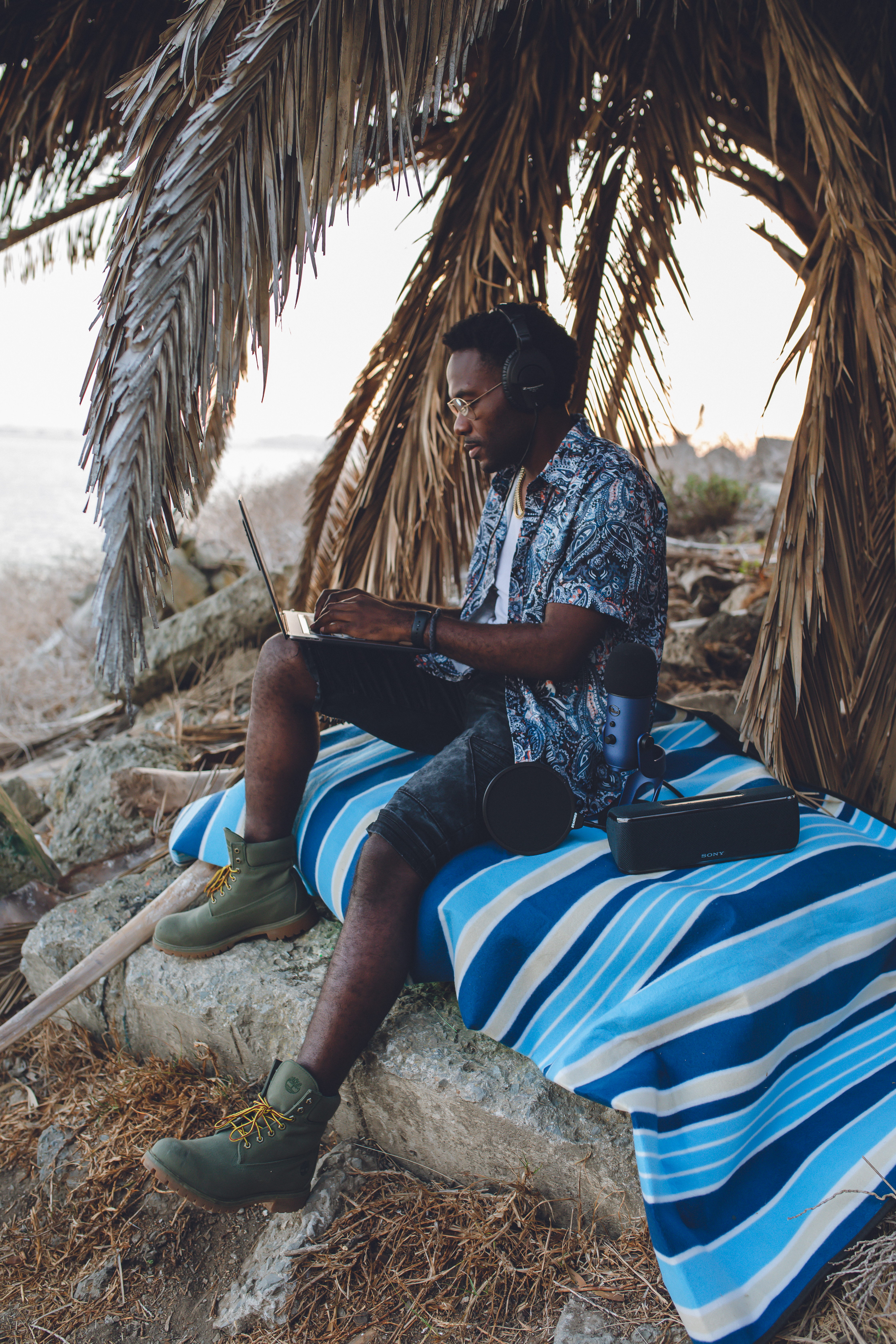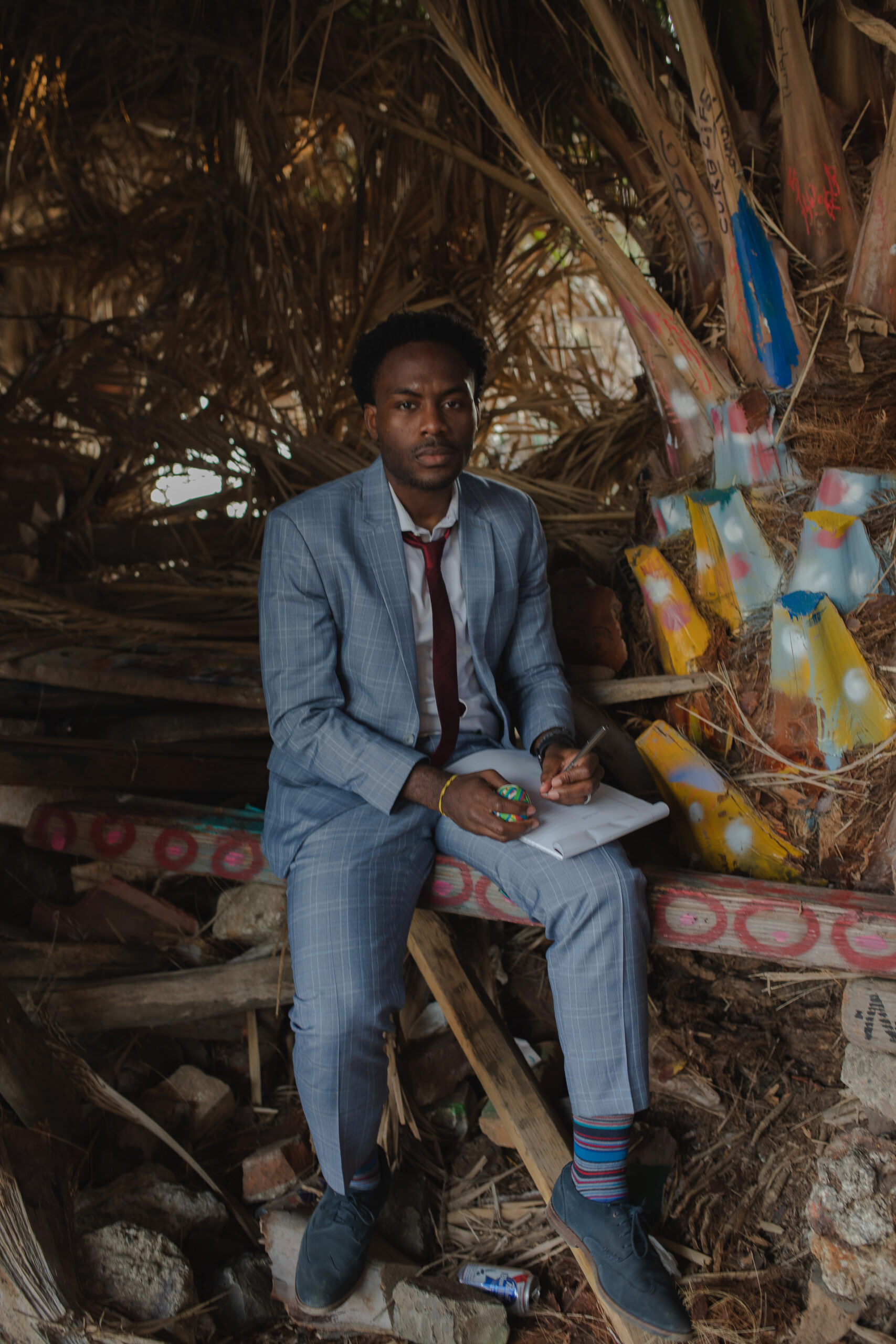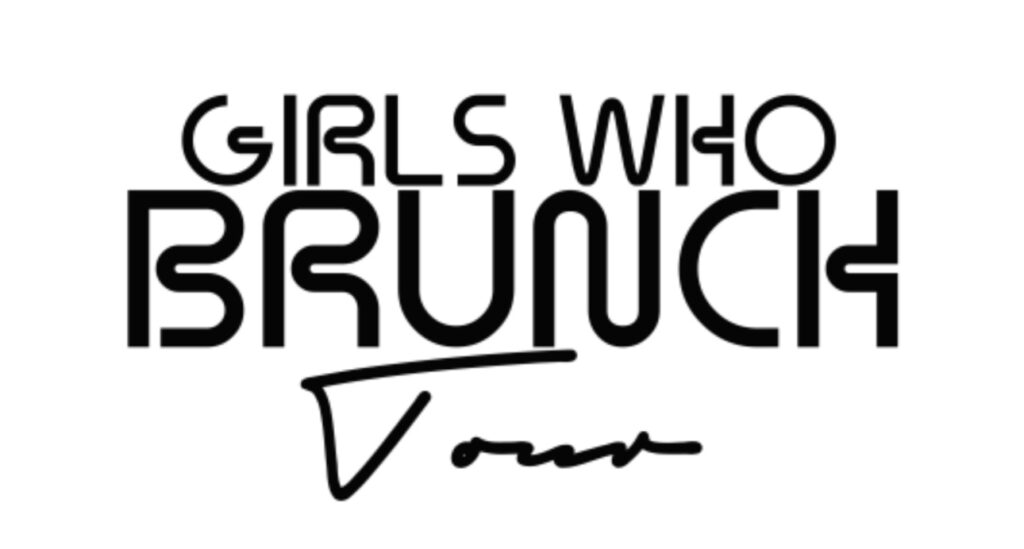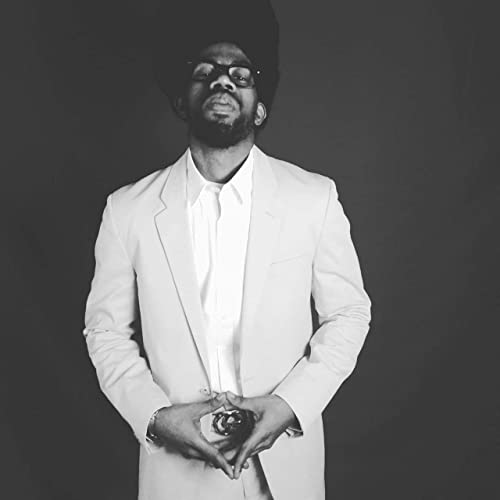Call Me Ace is an independent artist who has charted the Billboards and managed to keep everyone on their toes! His recent single, Tesla has already hit over 100k views on YouTube after only two months of its release. This nostalgic laid-back single comes from his sophomore album, “Out of Office.” Outside of music, he has released a new book, “Get Verified on Instagram with Under 5,000 Followers”, which is available on the website at getverified.callmeace.com! We had the pleasure of catching up with him to discuss his journey in music and to discover upcoming projects he would be involved in.

Where did the name Call Me Ace originate from?
Ace has been my nickname since I was a kid.
During my last semester of business school, my friend [Gary Pivot] convinced me to get back into music and be creative again since I hadn’t been for many years. However, back in the day when I first started exploring music, I had a different rap name and a different style. One of the excuses I gave him was that I didn’t even have a rap name anymore because I didn’t want to use the older one. So he asked, “What does your Instagram say?” and it literally said “Call Me Ace” because that’s what people called me. He was like, “Bro, that’s your rap name, Call Me Ace.” For me, it was weird at first and I couldn’t really process it. But after I sat with it, I was like, “No, this is dope!”
It’s very verbatim but it stuck with me and I didn’t have any excuses to try and deny it.
Tell us the experience of being recognized from the Symphonic Distributions “ Top 20 Black Artist in 2021”?
That was cool and I’m grateful.
When it comes to accolades, to me, they’re snapshots of the actual journey that not many people get to see. While I’m thankful that all the folks at Symphonic recognized me on their list, I’m also thankful for the process it took to get there. When I reflect on the experience of even getting to that point, it was a constant grind that resulted in dropping two projects during the pandemic, fundraising, growing my fan base, and finding ways to evolve and keep the music thriving during an unprecedented time. It was tough, you know.
It kind of felt like after you play a full game and win it. You’re like, “Dope! I’m exhausted and now I need some Gatorade! I’m happy we won. but, you know what, we have another game tomorrow.” So we celebrate, but the preparation for what’s yet to come is ongoing.
Growing up especially as a first-generation Jamaican American, how did Hip Hop mold you as the artist today?
Being in a Jamaican household, we always had music and I remember learning about the strong influence Jamaicans had in creating hip hop–from the stylistic ways of an MC, how to move a crowd and call and response–it’s in our blood. Seeing how much of the style and the way we do things in Jamaica carried over into hip hop, felt like an authentic way for me to connect both my Jamaican heritage and my American identity in a way that was real to my surroundings. Living in the inner cities, hip hop was a way for me to express myself and the things that I saw growing up. It was a medium that as I continued to get older was becoming more accepted, more prevalent, and more official. By the time I decided to pursue hip hop legitimately, there was a whole industry and business around it.
What inspired you to become a music artist?
When it came to being an artist, it wasn’t just about the music. As a kid, I also enjoyed drawing, writing, and acting.
I grew up in a pretty artistic household. My mom would write her own lyrics and when she was in Jamaica, she would battle other artists. She was a writer, actor, and expressed her creativity in many different ways. My little brother, older sister and I took after our mother’s passion for creativity. That was one of the things she encouraged us to do, especially because we didn’t have nearly enough means growing up. She would always remind us that we had our brains and the ability to create new worlds and be imaginative if we weren’t necessarily satisfied with the ones we were in.
Music was just one of the byproducts of being an artist, for me. But I believe my purpose led me to dive into building my artistic business and say things that haven’t been saying and share my worldview. I believe I’ve been given this gift to share experiences in creative ways, in order to impact, inspire, encourage, and motivate people.
How have you balanced the everyday elements of keeping a positive mentality in your poignant career?
First off, I would say life is hard–whether it’s a career, family, relationships, friendships, or just the very realities of the ups and downs, gains, and losses of life. There’s always going to be a reason to celebrate and there’s always going to be a reason to mourn on this side of eternity.
What is that balance? Where can you get that balance? I feel it boils down to being content when you have a lot, and when you have nothing. That’s Biblical, when you look at Philippians 4 and you hear Paul talk about the ability to be content through all things, thanks to Christ who provides us strength. All this “stuff” is finite at the end of the day, even if we are blessed to live 100 years and beyond. That’s still a blink in the fabric of time.
By “stuff” I mean the highs and lows. You get the accolade or you don’t get the accolade– it’s all okay. I work every day to detach myself from identifying with these things. When I don’t find my identity in them, I don’t find my peace, or lack thereof in them either. If I get them it’s cool. If I don’t get them, it’s cool. If other people get them, that’s dope. If other people don’t get them, I’ll mourn with them.
My ability to have contentment, peace, and joy that transcends all understanding doesn’t rest in material wins. It doesn’t rest in my career. I don’t identify as “I’m a rapper, so then if I can’t rap anymore then I’m nothing.” That’s sad to me. I can pivot, and do a lot of things. I’m not confined or boxed in by other people’s understandings of who I am or who I’m not. My identity is deeper than that, and that’s what enables me to stay hopeful, encouraged, and filled up.
It’s also important that I surround myself with people that are on the same plane as me, for when life gets dark. To have a support system that can be a light, help me see clearly, navigate adversity and vice versa is important.
With your talented elements, how are you using them to uplift the changing culture?
There’s this book called The Generosity Factor, by Ken Blanchard and S. Truett Cathy, which talks about the four “T”s: Time, Talent, Treasure, and Touch. These four elements are the talents and gifts God gives all of us. Being able to generously give all four of these aspects in your daily life is how we can uplift the people around us, our communities, or our culture.
For example, focusing just on the talent aspect, representation is key and my music videos and lyrics show that. My ability to connect with various audiences by speaking about my experiences and reflecting on cultural happenings–like the loss of a loved one, dealing with microaggression in the workplace, and building generational wealth as a first-generation immigrant coming from poverty–makes listeners know they aren’t alone. During the racial reckoning last year, I used my Working From Home: Extended EP to raise and donate money towards Faith In Action’s Live Free campaign which advocated and supplied programming for ending social injustice.
I’ve gotten feedback from fans directly about how empowering my lyrics are and how they encourage them to persevere through the obstacles. I’ve had people tell me things like, “Thanks to listening to your music, I graduated college…I got a job..I became a yoga instructor,” all kinds of accomplishments from all over the world.
I’ve come a long way from Bridgeport, Connecticut, and showing folks that there’s a much bigger world out there than we might feel on a day-to-day basis, is something I don’t take for granted and will continue to do.
What are you currently working on?
A lot of things, my creativity never stops. More music and music videos are on the way. I’m also dropping a book called Get Verified on Instagram with Under 5,000 Followers that’ll give digital marketing and branding insight for small businesses, brands, and celebrities. The book goes deeper than just getting the blue badge and encourages readers to understand how to build a credible presence online and offline, too.
What advice would you have for aspiring music artists?
I would say learn the business. There’s so much more to the music business than just being able to make music. Understand how to build a fan base, how to do marketing, how to make sure that your paperwork on the backend is correct so that when your music does blow up, you’re able to get paid from it. All that kind of stuff is equally, if not more important, than the music itself. The music is dope, and I always suggest developing a craft, but it can’t stop there. I’d encourage aspiring artists to go farther than that.
Follow Us On Social Media!



